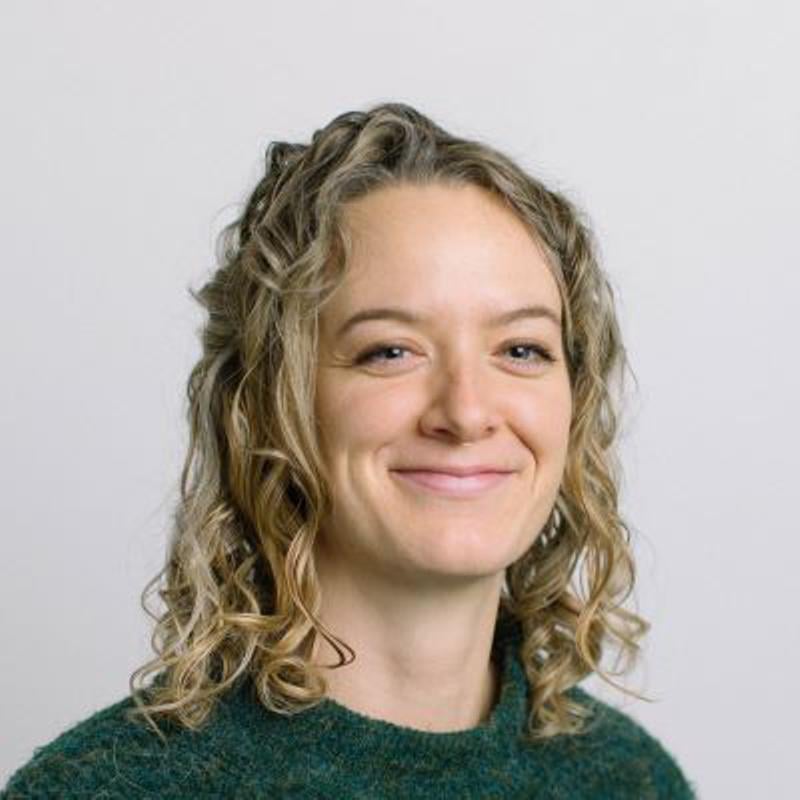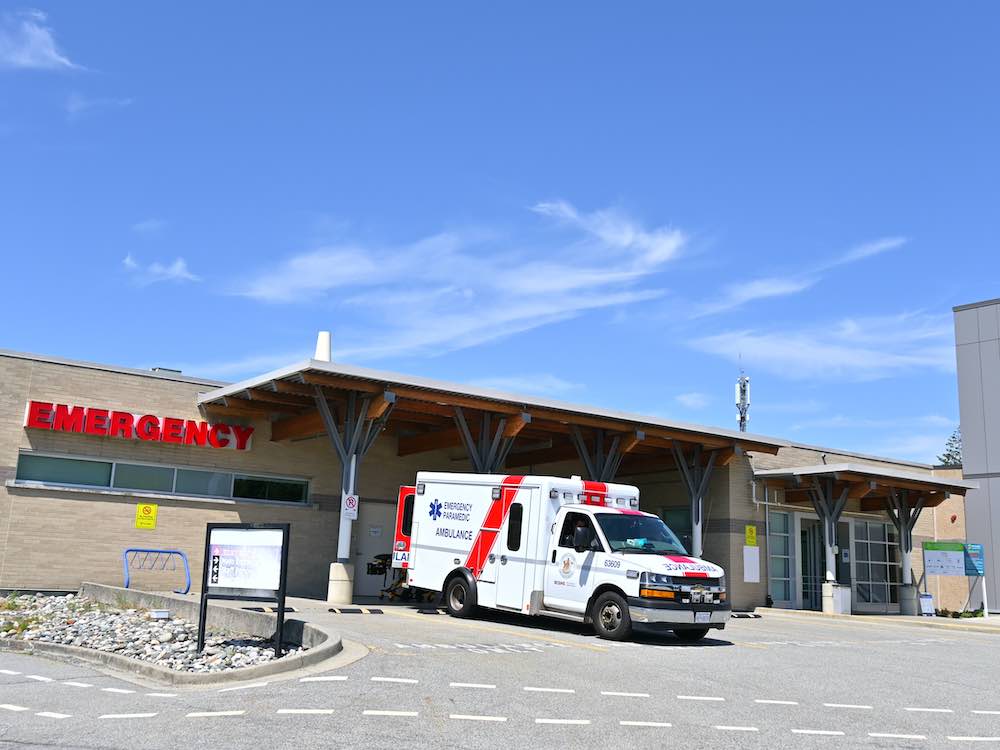Legislation limiting where people can use drugs under the province's decriminalization pilot project has been put on hold after the Supreme Court of British Columbia ruled the updates could cause irreparable harms.
The legal challenge was launched by the non-profit Harm Reduction Nurses Association in early November. The lawsuit alleges B.C.’s Bill 34, the Restricting Public Consumption of Illegal Substances Act, violates sections of the Canadian Charter of Rights and Freedoms.
The lawsuit alleges the legislation violates people’s right to equality, life, liberty and security and protection from cruel and unusual treatment, said Caitlin Shane, staff lawyer with Pivot Legal Society and counsel for the Harm Reduction Nurses Association.
The court didn’t rule the law violates those Charter rights.
But Chief Justice Christopher Hinkson agreed the legislation could cause irreparable harm and granted an injunction delaying implementation of the law until March 31 so the issues could be addressed, said DJ Larkin, executive director for the Canadian Drug Policy Coalition and counsel for the HRNA.
“We’re embarking on the eighth year of this public health emergency and we’re having to dedicate time, resources and effort towards halting or pausing laws and policies which will have further harms for people experiencing the most structural and systemic violence in this province,” said Corey Ranger, a registered nurse and president of the Harm Reduction Nurses Association.
“We see the harms first-hand caused by homelessness, detaining people and seizing their drugs. We know the risks associated with these police activities are death,” he added.
Advocates say Bill 34 will push people to hide their drug use, use alone and access the unregulated drug market — all known to increase their risk of overdose harms and death.
“At the heart of this challenge is the concern that Bill 34 will displace people further,” Shane said. “The vast majority of communities in B.C. don’t have places to safely use drugs, and when you ban people from using in public when you know there is nowhere else for them to go further pushes people into the margins and towards isolated drug use.”
The bill also affects harm reduction nurses who have to deal with the psychological and emotional harms of not being able to help their patients, Shane added.
B.C.’s decriminalization pilot removed criminal penalties for people 18 and older who are allowed a combined total of 2.5 grams of opioids, crack and powder cocaine, meth and MDMA for personal use. The pilot will run until Jan. 31, 2026.
This doesn’t apply everywhere. Drug use is already prohibited on elementary and high school grounds, in licensed child-care facilities, airports, motor vehicles and watercraft being driven by a minor, on Canadian Coast Guard vessels and helicopters and for all Canadian Armed Forces members.
During the first six months of decriminalization, possession offences dropped by 76 per cent in B.C. and there is no evidence that drug use increased, according to the lawsuit.
But on Nov. 8, B.C. passed an update for its decriminalization pilot project, Bill 34, which prohibits the possession or use of drugs within 15 metres of a playground and within six metres of the entrance to a building, the entrance of a park, and bus stops, among other places.
This is the update that has been paused until the end of March. The courts may rule that some parts of it violate the Charter, or the government may decide it wants to rework the act before then, Larkin said.
Bill 34 “prevents the use of drugs in places that are frequented by children and families. While we respect the decision of the court, we are concerned that this decision temporarily prevents the province from regulating where hard drugs are used, something done in every other province, every day,” Mike Farnworth, minister of public safety and solicitor general, said in a statement to The Tyee.
The province is assessing next steps, the statement continued.
Bill 34 gives police the power to ask someone to leave an area if they think they might have drugs on them or may have recently used drugs.
If a person tells the police they didn’t use drugs, or don’t have drugs, Bill 34 would allow police to arrest the person and search them to check, Larkin said.
“If you say, ‘I don’t want to leave and I have the same right to be here as anyone else,’ they can arrest you and search you. If they found benzodiazepines, which are not covered by decriminalization, in your pocket, then you can now be charged with possession even though there isn’t a reasonable basis for arrest and search under criminal law,” Larkin said.
She added it’s not clear if those charges would later get thrown out in court but that the “likelihood of profiling is problematic.”
Indigenous people have been hit hard by the toxic drug crisis. In May 2023, 15 per cent of all drug-related fatalities were among First Nations people despite their making up just three per cent of B.C.’s population in 2022, according to the lawsuit.
Bill 34 “almost creates a basis for carding based on how someone looks,” Larkin said.
MLA Elenore Sturko, BC United’s shadow minister for mental health, addiction, recovery and education, disagrees. She said Bill 34 is more “humane” than the Criminal Code because it encourages police officers to tell someone to leave an area first. Under the Criminal Code and the Controlled Drugs and Substances Act, police would arrest first and ask questions later, she said.
Sturko said BC United disagrees with decriminalization in general — but she does agree with the part of the lawsuit that calls for more overdose prevention sites to be built in B.C.
In December 2016, then health minister Terry Lake issued an order requiring overdose prevention sites to be built in “any place there is a need for these services.”
Everyone The Tyee spoke to for this story agrees there need to be many, many more overdose prevention sites, with Sturko saying there should be one in every community across the province.
She said it’s “disgusting” that the BC NDP passed Bill 34, which gives police the power to tell people to move on but doesn’t give them a safe place to move on to, like an overdose prevention site.
The NDP have “absolutely failed to provide adequate supports for people who use drugs,” she said.
Ranger said he sees Bill 34 as a “reactive, regressive, not evidence-based, not based in harm reduction” law that “poses immense amounts of harm for those already at higher risk of death.”
He added he appreciates the court’s decision, depth and thoughtfulness in the ruling because it acknowledges how the driving force behind the ongoing toxic drug crisis is the unregulated market.
“I’m grateful for the injunction so the court has time to fully investigate this bill and ideally prevent something from coming into force that will exact so much harm,” he added.
Shane added that she’d prefer to see the government working on creating solutions so that people do not have to use in isolation.
“Instead they attempted to pass laws like this, which is so misguided and harmful,” she said.
“It’s gotten to the point that volunteer nursing organizations have had to bring this challenge forward. That’s the landscape we’re dealing with.” ![]()
Read more: Health, Rights + Justice, BC Politics

















Tyee Commenting Guidelines
Comments that violate guidelines risk being deleted, and violations may result in a temporary or permanent user ban. Maintain the spirit of good conversation to stay in the discussion and be patient with moderators. Comments are reviewed regularly but not in real time.
Do:
Do not: